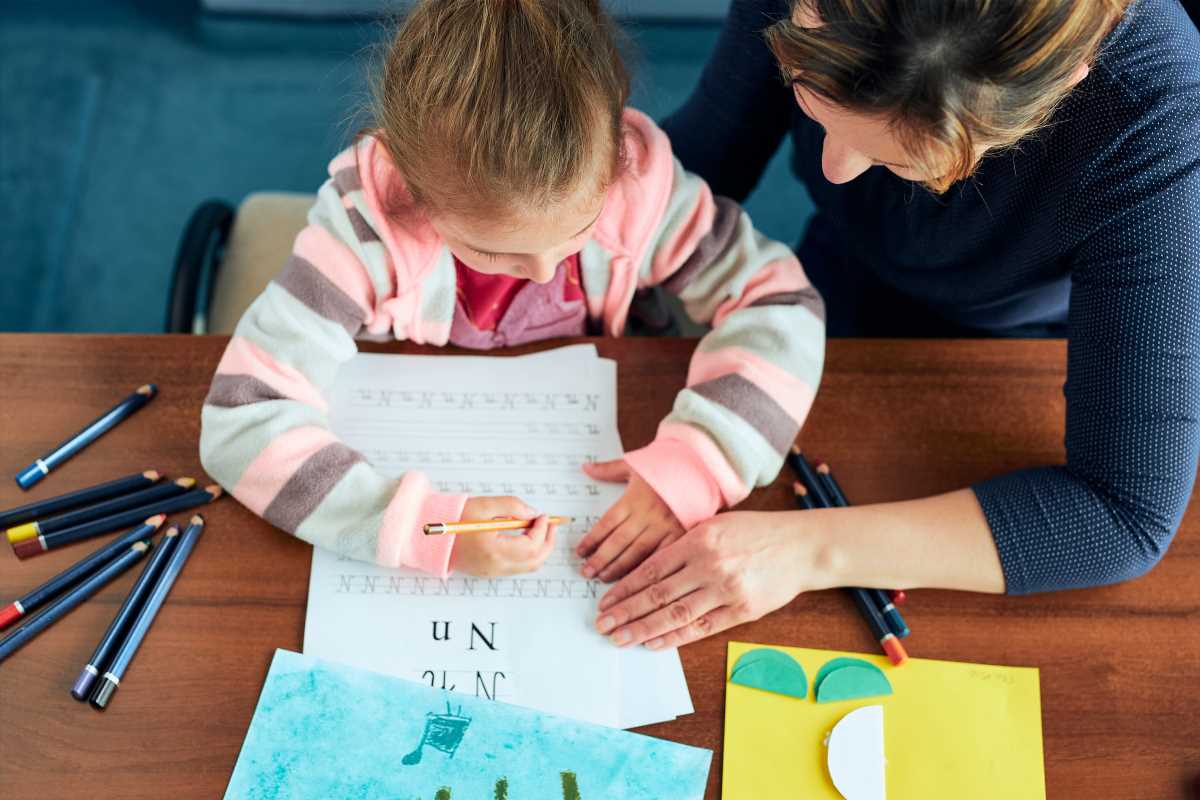The Montessori Method is a child-centered educational approach that emphasizes hands-on learning, independence, and respect for a child’s natural psychological, physical, and social development. When applied at home, this method can turn everyday chores into meaningful educational experiences and establish valuable life skills in children.
Understanding the Montessori Method
The Montessori Method, developed by Dr. Maria Montessori, is built on several core principles that prioritize the child's autonomy and intrinsic motivation to learn. This approach shifts the focus from traditional instruction to guided discovery, allowing children to engage with their environment in a purposeful and self-directed manner.
- Child-Centered Learning: Children choose activities that interest them, promoting engagement and enthusiasm.
- Prepared Environment: Spaces are organized to encourage independence and exploration.
- Hands-On Activities: Learning through doing enhances understanding and retention.
- Respect for the Child: Recognizing each child's unique abilities and pace of learning.
- Intrinsic Motivation: Encouraging children to find personal satisfaction in their accomplishments.
These principles not only support academic growth but also nurture essential life skills such as problem-solving, responsibility, and self-discipline.
Transforming Chores into Learning Opportunities
Daily chores often seen as mundane tasks can be reimagined through the Montessori lens to become rich educational experiences. By integrating learning objectives into routine activities, children can develop a sense of responsibility and acquire practical skills seamlessly.
- Setting the Table: Teach counting, organization, and responsibility as children arrange utensils and plates.
- Cooking: Encourage math skills through measuring ingredients and science concepts by observing changes during cooking.
- Cleaning: Promote independence and motor skills as children learn to clean different surfaces and tools.
- Gardening: Foster understanding of biology and ecology while nurturing plants.
- Laundry: Introduce sorting, categorizing, and sequencing tasks as children separate clothes and operate the washing machine.
Children can develop a proactive attitude towards everyday tasks by viewing chores as opportunities to learn and gain confidence in their abilities.
Creating a Montessori-Inspired Environment
A key aspect of the Montessori Method is designing a home environment that supports independent learning and exploration. Thoughtful organization and accessibility are crucial in establishing a space where children can take initiative.
To create such an environment, consider the following:
- Arrange child-sized furniture and tools to ensure everything is within reach.
- Organize materials on low shelves, allowing children to select and return items independently.
- Use natural materials and neutral colors to create a calm and inviting atmosphere.
- Minimize clutter, ensuring that the space is functional and conducive to focused activities.
Parents can encourage autonomous learning and exploration, integral components of the Montessori approach by setting up an environment tailored to a child's needs.
Practical Tips for Parents
Implementing Montessori techniques at home doesn’t require a complete overhaul of your household routine. Here are some actionable tips to seamlessly incorporate this method into daily life:
- Assign Responsibilities: Give children age-appropriate tasks to build their sense of responsibility.
- Encourage Decision-Making: Allow children to make choices about their activities and how they approach tasks.
- Use Positive Language: Frame instructions positively to foster a collaborative atmosphere.
- Provide Clear Instructions: Ensure that children understand what is expected without overwhelming them.
- Be Patient: Allow children the time they need to complete tasks, supporting their learning process.
- Model Desired Behaviors: Demonstrate the habits and attitudes you wish to instill in your children.
These strategies help create a supportive environment where children feel confident and motivated to engage in learning through daily activities.
Adapting to Your Child's Needs
Every child is unique, with individual interests, strengths, and areas for growth. Tailoring Montessori activities to align with your child’s specific needs ensures that learning remains meaningful and engaging.
Consider the following approaches:
- Observe Interests: Pay attention to what captivates your child and incorporate those interests into learning tasks.
- Adjust Task Complexity: Modify the difficulty level of chores to match your child’s developmental stage.
- Offer Choices: Provide options within activities to empower your child and respect their preferences.
- Encourage Exploration: Allow your child to experiment and discover new ways to approach tasks.
- Provide Feedback: Offer constructive feedback that acknowledges effort and guides improvement.
By adapting activities to fit your child’s unique profile, you foster a personalized learning experience that enhances their growth and enthusiasm.
Integrating the Montessori Method at home transforms routine chores into valuable learning opportunities. This approach cultivates independence and responsibility in children and strengthens the parent-child relationship by encouraging them to work together towards common goals. Embracing Montessori principles can lead to a harmonious and enriching home environment where both children and parents thrive.







